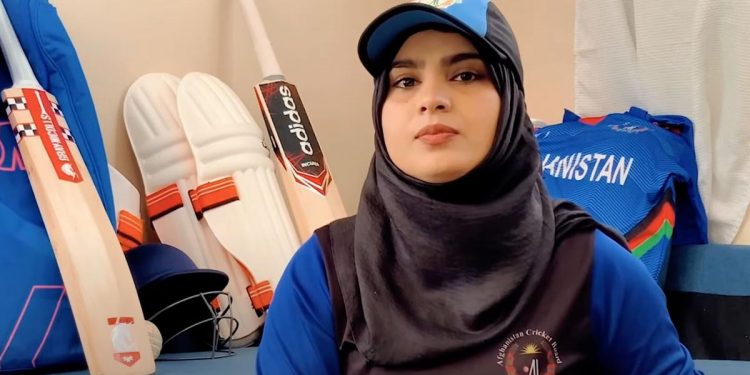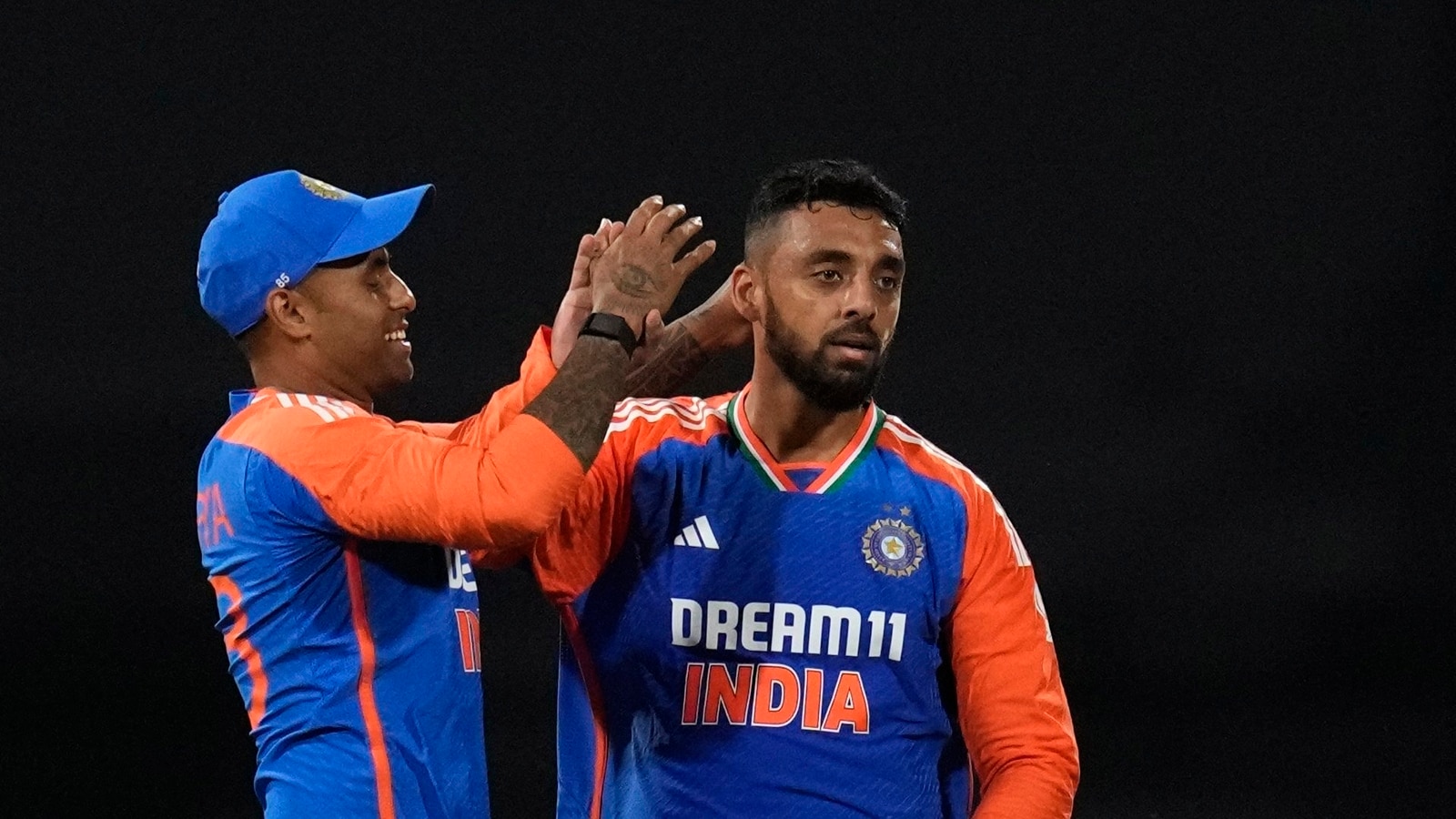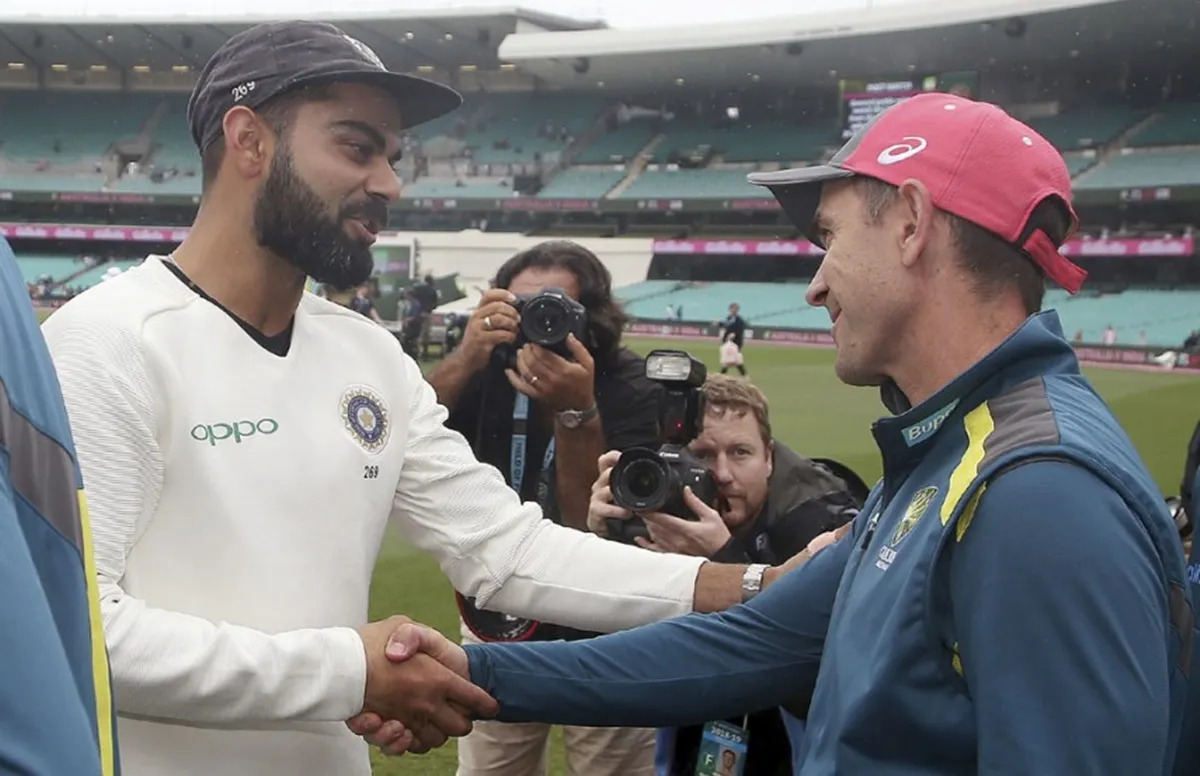One of the saddest days in Afghanistan’s history was August 15, 2021. As the Taliban seized power, millions of people were compelled to evacuate the nation. In addition, the reign coincided with the decline of women’s sports in the nation. The Afghanistan women’s cricket team suffered greatly as a result of the Taliban’s prohibition on women’s sports and education in the nation.
Firooza Amiri was one player on that team who stood out. Amiri, who was only 18 years old when the Taliban seized power, along with many of her squadmates, was compelled to move to Pakistan and then to Australia.
Amiri is still striving for the team’s spot in international cricket, though, more than two years later. The entire team has been begging with the Afghanistan Cricket Board (ACB) and the International Cricket Council (ICC) for a venue to host the women’s team.
“Yeah, regrettably, two weeks ago marked the two-year anniversary of the Taliban and our Black Day. It was a black day for me and all the Afghan girls because it marked the destruction of our dreams and the culmination of years’ worth of work for each of us. After Herat fell, we made the decision to travel to Kabul and contact one of the foreign embassies. When we got to Kabul, we realized that the Taliban had completely taken over the country, and as everyone was heading to the airport to evacuate, we followed suit, according to Amiri, who was quoted by The New Indian Express.
When I witnessed all the Afghan females, journalists, and politicians leaving the country and heading to the airport, it was quite upsetting to me, Amiri remarked. We stopped traveling to the airport at that point, and I and my teammates rushed to a safe place, she said. “For me, the most horrifying moment of my life was when I saw that there was shooting everywhere, people were shouting and sobbing, and even a young man had been wounded five times.
I was scared. I was terrified. Flavia Hotack
Friba Hotack, a teammate of Amiri’s, also spoke up about what happened to her when the Taliban took over. She argued that the day the Taliban arrived was when the team’s hopes were all crushed since she had to leave her family because her life was in danger.
“I had to distance myself from my family because my life was in danger. I spent a month in Pakistan. I was scared. She admitted as much to Australian Broadcasting Corp. radio earlier this year: “I was quite afraid. “Our hopes were crushed the moment the Taliban arrived. We destroyed everything, including a bat and cricket equipment, out of dread. Those dreams came back to life the day we arrived in Australia. We began to crave playing once more. We wanted a squad here so we could play cricket.
Amiri and a couple of his former teammates are participating in a local Melbourne league, even though they are not given the opportunity to play the sport at the highest level. The women’s squad, however, hopes to follow in the footsteps of the Afghanistan men’s team, which is making great progress in international cricket. And in order to prepare for it, they have written to the ICC to ask for guidance.
As they no longer reside in Afghanistan, they asked, “Could you kindly advise what the official stance is on our national playing contracts and future playing opportunities?” Where has the money that the ICC gave to the ACB to support the women’s program gone? And can it be transferred to a group in Australia to make investments in our growth so we can continue to promote our nation abroad?
“We indicated that we had been relocated safely to Australia and that we are aware of the situation in Afghanistan, but with your help and support, our hopes of serving as ambassadors for our nation remain alive. We are looking forward to your leadership and wise choice,” she continued.
Amiri has stated that neither the ICC nor the Afghanistan Cricket Board have gotten in touch with them. Even though they have been using the men’s funds exclusively since 2017 and have never helped the women’s squad, “we did not receive any help or even any hope from them.”
The ACB is a self-governing organization acting independently; hence, the ICC has stated that it is unable to intervene.
The ICC said in an email statement to the Associated Press that it “remains committed to supporting the Afghanistan Cricket Board” and “is not penalizing the ACB or their players for adhering to the laws set by the government of their country.”
“The local board is in charge of handling the relationship with players in each of the member countries, not the ICC. Similar to that, the exclusive authority to field men’s and women’s national teams in any country rests with the member board, not the ICC,” it continues.






 Win Projections to be updated soon
Win Projections to be updated soon

























